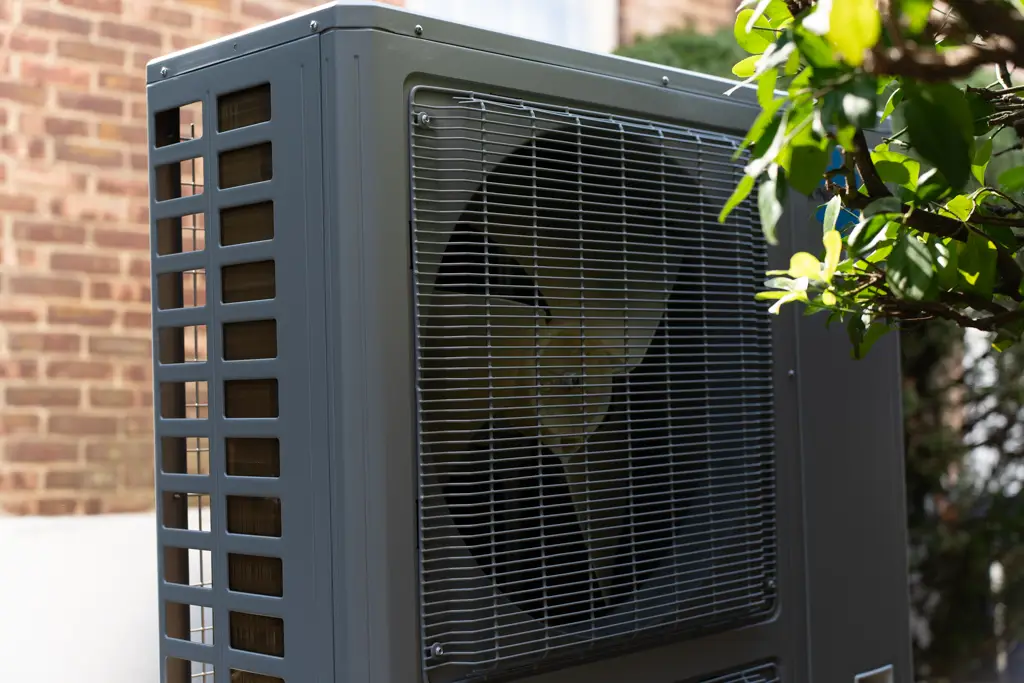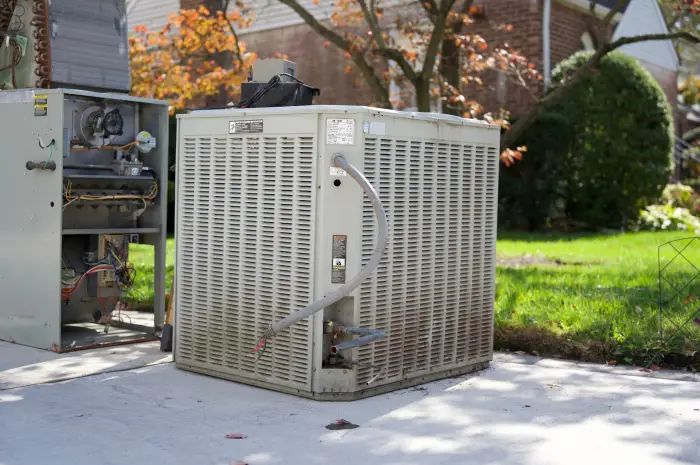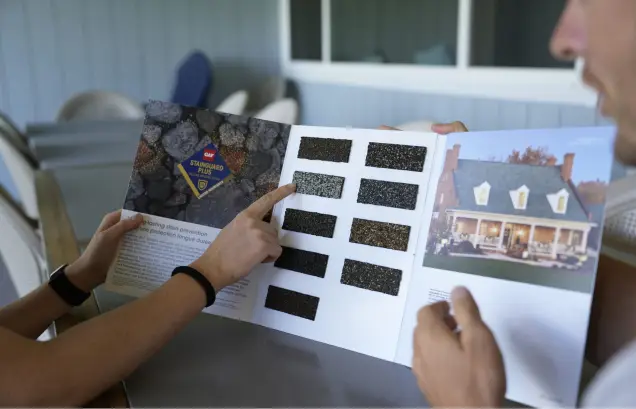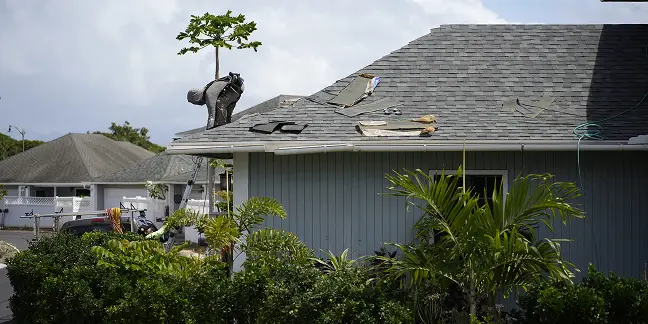Insulating your home isn’t just about keeping warm in the winter and cool in the summer—it’s a key factor in optimizing your HVAC system’s efficiency and improving energy efficiency. At Attyx, we believe that understanding how insulation works and its impact on energy use can help you make informed decisions that enhance your home’s comfort and save you money. Additionally, investing in an efficient HVAC system can provide long-term cost savings, reduce environmental impact, and improve overall operational performance.
Understanding HVAC Systems’ Energy Efficiency
HVAC (Heating, Ventilation, and Air Conditioning) systems are designed to maintain comfortable indoor temperatures. However, without adequate insulation, these systems have to work harder, leading to higher energy consumption and increased utility bills. Essentially, insulation acts as a barrier that slows down the transfer of heat, keeping warm air inside during winter and cool air inside during summer. This means your HVAC system doesn’t have to run as frequently or as long to maintain the desired temperature, thereby improving its efficiency rating.
Additionally, enhancing your HVAC system’s energy efficiency can significantly reduce energy costs and lower your carbon footprint.
The Impact of Insulation on HVAC Systems
Maintaining Indoor Temperature
Proper insulation helps maintain a consistent indoor temperature, reducing the load on your HVAC system. Air source heat pumps (ASHP) are an effective solution for maintaining indoor temperature, especially in cold climates. When your home is well-insulated, heat loss in winter and heat gain in summer are minimized, allowing your HVAC system to operate more efficiently. This stability not only enhances comfort but also ensures that your HVAC system works at optimal performance levels. Insulation acts as a protective barrier, preventing external temperature fluctuations from affecting the indoor environment. This results in a steady and comfortable temperature throughout the house, regardless of the weather outside.
Energy Savings
Insulating your home can significantly lower your energy bills. Introducing the concept of Seasonal Energy Efficiency Ratio (SEER), which measures the efficiency of HVAC systems over a cooling season, can help you understand how to maximize these savings. According to the U.S. Department of Energy, you can save up to 15% on heating and cooling costs by properly insulating your home. This reduction in energy consumption not only saves money but also reduces your carbon footprint. When insulation is effectively installed, it minimizes the need for constant HVAC operation, leading to reduced energy use. The savings can be substantial, particularly in extreme climates where heating and cooling demands are high. Over time, these savings can add up, making insulation a wise long-term investment.
Extended HVAC Lifespan
When your HVAC system doesn’t have to work as hard to maintain indoor temperatures, it experiences less wear and tear. The heating seasonal performance factor (HSPF) measures the efficiency of heat pumps across an entire season, indicating how many BTU’s the heat pump will put out for every kWh used. This can extend the lifespan of the system, reducing the frequency and cost of repairs and replacements. A less strained system means fewer breakdowns and maintenance issues. By reducing the load on your HVAC system, insulation helps ensure that it operates smoothly and efficiently for years to come. This longevity not only saves money on potential repairs and replacements but also enhances the overall reliability and performance of your HVAC system.
Enhanced Indoor Air Quality
Proper insulation can also contribute to better indoor air quality. Using a heat pump can further enhance this by providing both heating and cooling which maintains efficient operation during the heating season. By sealing gaps and cracks where outdoor pollutants can enter, insulation helps keep your indoor air cleaner and healthier. This is particularly important for those with allergies or respiratory issues, as it reduces the presence of dust, pollen, and other allergens inside your home. Additionally, maintaining a stable indoor temperature through effective insulation can prevent the growth of mold and mildew, which thrive in environments with high humidity and temperature fluctuations.
Noise Reduction
Insulation isn’t just about temperature control; it also provides soundproofing benefits. Properly insulated homes are quieter because insulation materials can dampen outside noises. This is especially beneficial if you live in a noisy area or near busy streets. The added peace and quiet can significantly enhance the comfort and tranquility of your living space.
Best Practices for Insulating Your Home
To maximize the efficiency of your HVAC system, it’s important to focus on key areas of your home that can benefit most from insulation: High efficiency and ENERGY STAR certified heating and cooling equipment can significantly enhance energy savings and provide environmental benefits.
Attic Insulation
Heat rises, making the attic a critical area for insulation. Properly insulating your attic can prevent heat from escaping in the winter and entering in the summer.
Wall Insulation
Insulating exterior walls can significantly reduce heat transfer. In older homes, it might be necessary to add insulation to walls that were not originally insulated.
Floor Insulation
Insulating floors, especially those above unheated spaces like basements or garages, can prevent heat loss.
Windows and Doors
While not insulation per se, ensuring that windows and doors are properly sealed can prevent drafts and improve overall insulation.
Types of Insulation
Fiberglass
A common and cost-effective insulation material, fiberglass is available in batts, rolls, and loose-fill. It’s easy to install and offers good thermal performance.
Spray Foam
Spray foam insulation provides excellent thermal resistance and can seal gaps and leaks effectively. It’s ideal for hard-to-reach areas and provides an airtight seal.
Rigid Foam
Rigid foam panels offer high insulation value and are typically used in walls, roofs, and foundations. They provide excellent thermal resistance and moisture control.
Reflective Insulation
Reflective insulation is designed to reflect heat, making it ideal for attics. It’s especially effective in hot climates where it can reduce cooling costs.
Proper insulation is a game-changer for HVAC efficiency. By investing in high-quality insulation and ensuring key areas of your home are well-insulated, you can significantly reduce energy consumption, lower utility bills, and extend the life of your HVAC system. Remember, a well-insulated home not only boosts comfort but also contributes to a more sustainable and energy-efficient future. At Attyx, we’re here to help you achieve the best in home comfort and efficiency.





